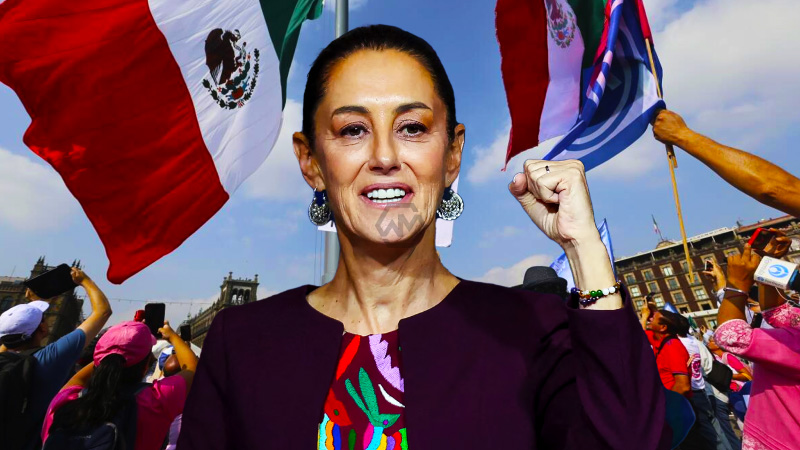- Historic Milestone: Mexico is set to elect its first female president, marking a significant step towards gender equality in politics.
- Prominent Candidates: The main contenders are Claudia Sheinbaum from Morena and Xóchitl Gálvez from the opposition coalition, both bringing diverse backgrounds and expertise.
- Political Shift: This election signifies a broader trend of increasing female leadership in Latin American politics.
Mexico is poised to make history by electing its first female president, signaling a significant step toward gender equality in its political arena. The two main contenders are Claudia Sheinbaum from the ruling Morena party and Xóchitl Gálvez from the opposition coalition, each offering unique visions and expertise.
Sheinbaum, a former mayor of Mexico City, is known for her scientific background and commitment to social welfare. Gálvez, an engineer and businesswoman, is recognized for her advocacy for indigenous communities and focus on technology and innovation. This election underscores the growing influence of female leaders in Latin America.
Trailblazing Election: Mexico Set to Elect First Female President
Mexico stands on the threshold of a historic moment as the nation prepares to elect its first female president. This milestone marks a significant advancement for gender equality in Mexican politics, reflecting a broader societal shift towards inclusivity and representation. The upcoming election has captivated the nation, with millions eagerly awaiting the outcome.
The leading candidates are Claudia Sheinbaum from the ruling Morena party and Xóchitl Gálvez from the opposition coalition. Sheinbaum, a former mayor of Mexico City, is recognized for her progressive policies and her close relationship with current President Andrés Manuel López Obrador. Her platform focuses on continuing the current administration’s social programs and infrastructure projects, aiming to build on the achievements of the past six years.
In contrast, Xóchitl Gálvez, an engineer and senator, brings a dynamic and varied background to the race. Known for her work in technology and her advocacy for indigenous rights, Gálvez emphasizes the need to address corruption, economic inequality, and environmental issues. Her campaign resonates with voters seeking change and a new direction for the country.
The outcome of this historic election will not only shape Mexico’s future but also send a powerful message about the role of women in leadership. As Mexico stands on the brink of electing its first female president, the country is poised to demonstrate its commitment to gender equality and inspire similar progress across Latin America, signaling a new era of inclusive and representative governance.
Electing a female president in Mexico is not just a victory for women, but a significant leap towards a more inclusive and equitable political landscape for the entire nation.



